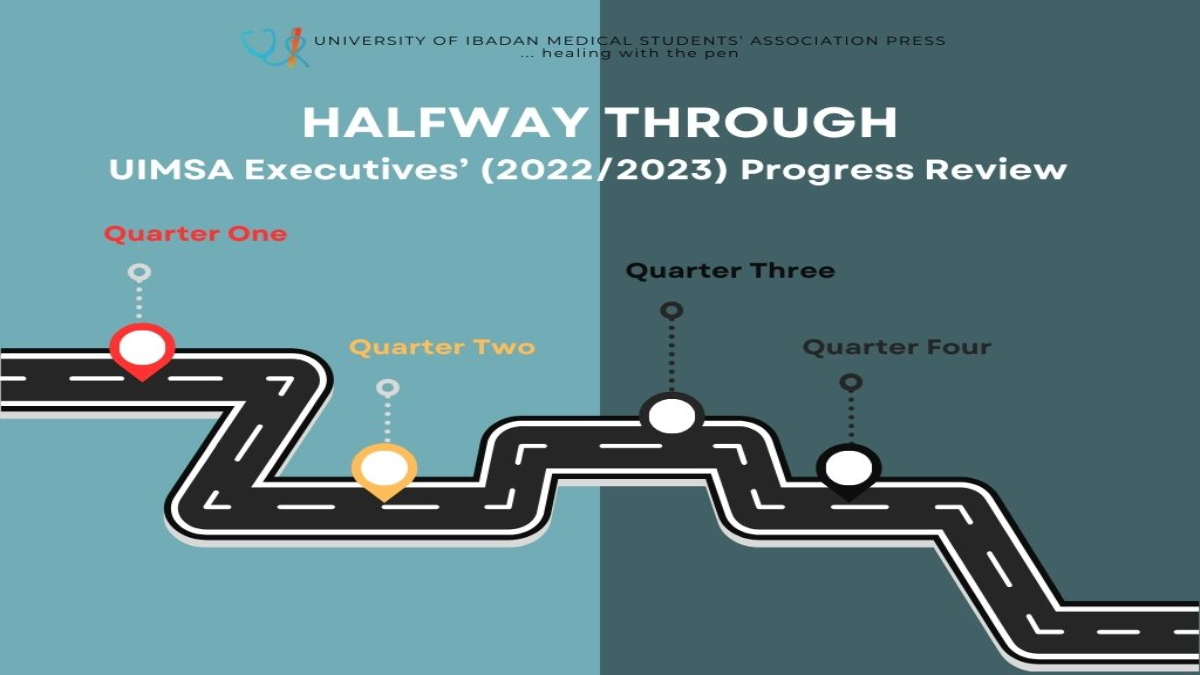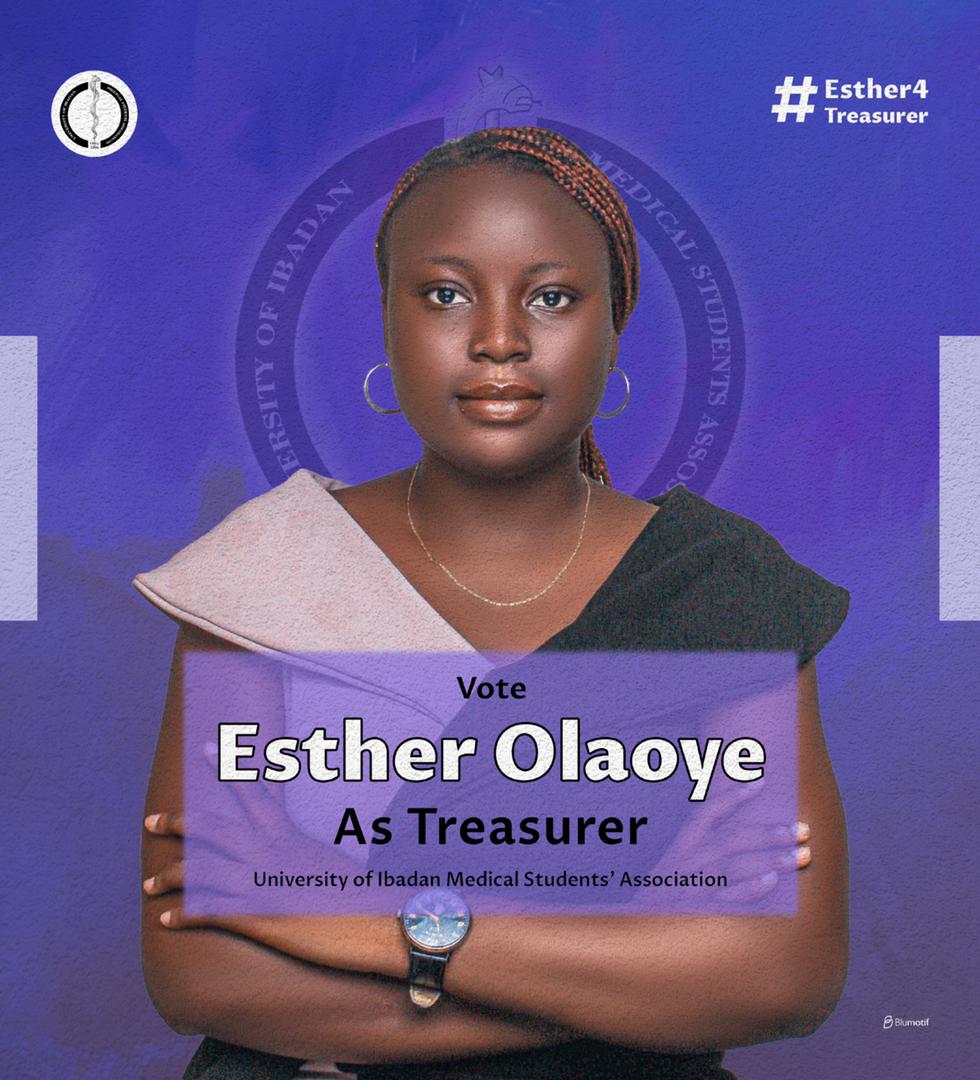Antibiotics Abuse in Nigeria: Ignorance or Sabotage?

Antibiotics are antimicrobial substances that are active against bacteria. They work either by killing off the organisms or inhibiting their actions. An absolute wonder of pharmacology in their own right, they must yet be taken with the right prescription from a medical practitioner to serve as saviour instead of executor.
Antibiotic misuse often appears in many types and patterns. In Nigeria, it has been discovered that about 42% of adults and about 47-71% of children have become victims of antimicrobial resistance as a result of the indiscriminate use of antibiotics. It has become the norm to see people buy antibiotics over the counter and ridiculously, from market hawkers. This begs the question if this is only a result of ignorance.
Studies have shown that many Nigerians are not in the dark about the use of antibiotics. Rather, the majority knowingly misuse these drugs by refusing to finish the required dose, refusing to follow the doctor’s prescription due to financial constraints or weariness at the long duration of treatment, uncomfortable side-effects experienced, and sometimes, because of polypharmacy. Considering these factors, many Nigerians have deliberately and yet unwittingly placed themselves at risk of antimicrobial resistance, which could lead to inability to be treated.
Crying over spilt milk will not solve the problem. The responsibility lies with the medical sector, medical practitioners and stakeholders to ensure that this health hazard is nipped in the bud and its ripple effects abated. Effective strategies as regards this include:
- Active grassroot campaigns against the illicit use of antibiotic drugs. While this may require a lot of manpower and resources from the government and private individuals, it is a sure means to ensure that no one gets to hide under the umbrella of ignorance and a wake up call to take responsibility for their actions.
- Social media jingles, the use of billboards, walks and campaigns against the misuse of antibiotics and public education on what antibiotics are, what they do and how to use them should be simultaneously launched. These campaigns should also be done in indigenous languages to ensure that no group of people are left out. This will require making use of youths and volunteers who are passionate about SDG 3 (good health and well-being), doctors who have been properly trained, and government and private organisations who are ready to fund this cause.
- A proper system of accountability for every antibiotic produced and dispensed. This will require many pharmaceutical companies working hand-in-hand with security agencies to ensure that every antibiotic produced is traceable and dispensed by authorised health centres and defaults brought to book.
- Legal enforcement against quacks prescribing antibiotics indiscriminately. Also, paramedics and pharmacists must be given a proper recognition and means of identification recognised by the government if they must prescribe an antibiotic and this is to the end that a patient is not deceived and ends up mistaking a quack for a paramedic – a common occurrence in rural areas.
- Education of the patients: This is the responsibility of the attending doctor, dispensing pharmacists and every other medical personnel in contact with the patient. Patients must be taught to take their drugs regularly and in prescribed dosages, they should be taught not to ‘keep’ their antibiotics for the next time they are sick and they should be astonished not to share an already-prescribed antibiotic with another patient with or without the same symptoms.
- Individuals, families and patients should also ensure to learn to ask questions about their medications from qualified personnel.
- Nigeria is home to many tribes and people and although some of these solutions might take proper planning and time to implement, it is not impossible. This is a call to everybody to stand together to take down this ticking time bomb of a medical hazard and ensure a healthier population as a nation.

